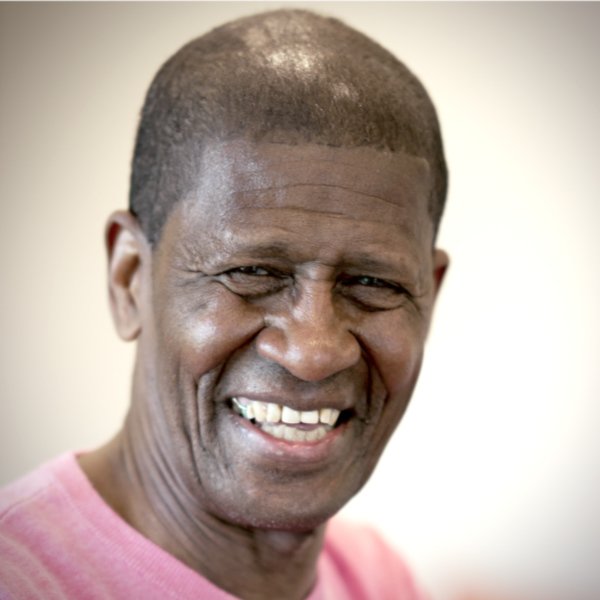Facing your Dragon
/In our lives, we are all faced with a dilemma: to either continue our growth as a human being in all aspects of our lives; or watch and experience our gradual withering and self contraction, where we become the victim in our own life story. The great mythologist Joseph Campbell, said that choices based on fear cause a kind of, 'slow death'.
It could also be described as, 'Consciously or unconsciously choosing security and the known, over the call to adventure' and 'face our dragons'. The word dragon is an apt metaphor for 'that which we fear to face'. It appears to be on the outside, hence the term dragon. But in fact, it is most often an inner insecurity or fear that stops us from moving on. i.e. fear of failure, lack of vision or self knowledge, not knowing what we genuinely want, fearing what others will think of us, etc.
Facing your Dragon is the whole purpose of the Hero's Journey. It is a metaphor and working model that can be used to help us face our challenges in life and leadership.
Some myths, in their underlying message are common across many cultures. Such myths are believed to reflect some basic needs in the human psyche. Campbell (1949) has identified a common myth that occurs in every culture. He calls it the Hero’s Journey. The myth is about personal enlightenment and collective renewal. Campbell begins his description of the Hero’s Journey as follows:
“The mythological hero, setting forth from his common day hut or castle, is lured, carried away, or else voluntarily proceeds to the threshold of adventure. There he encounters a shadow presence that guards the passage...”
Robert Quinn writes about the Hero's journey:
“The Hero’s Journey is a story of individual transformation, a change of identity. In embarking on the journey, we must leave the world of certainty. We must courageously journey to a strange place where there are a lot of risks and much is at stake, a place where there are new problems that require us to think in new ways.”
“Because there is much as stake, we must engage and resolve the problems before us. To do this successfully, we must surrender our present self – we must step outside our old paradigms. This venture outside of our current self will cause us to think differently. To continue our journey is to reinvent the self. It is then that our paradigms change and we experience an ‘expansion of consciousness.’”
